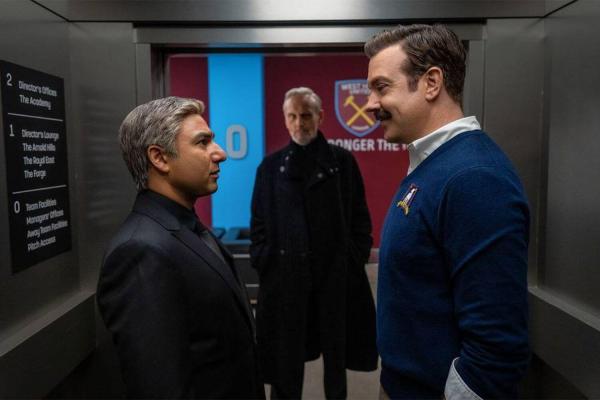Jun 2, 2023
Ted Lasso season three has been unbelievable, and not just because season two ended with the destruction of the series’ defining image: a yellow paper sign with the word “BELIEVE” scribbled across it.
Read the Full Article

Already a subscriber? Login
